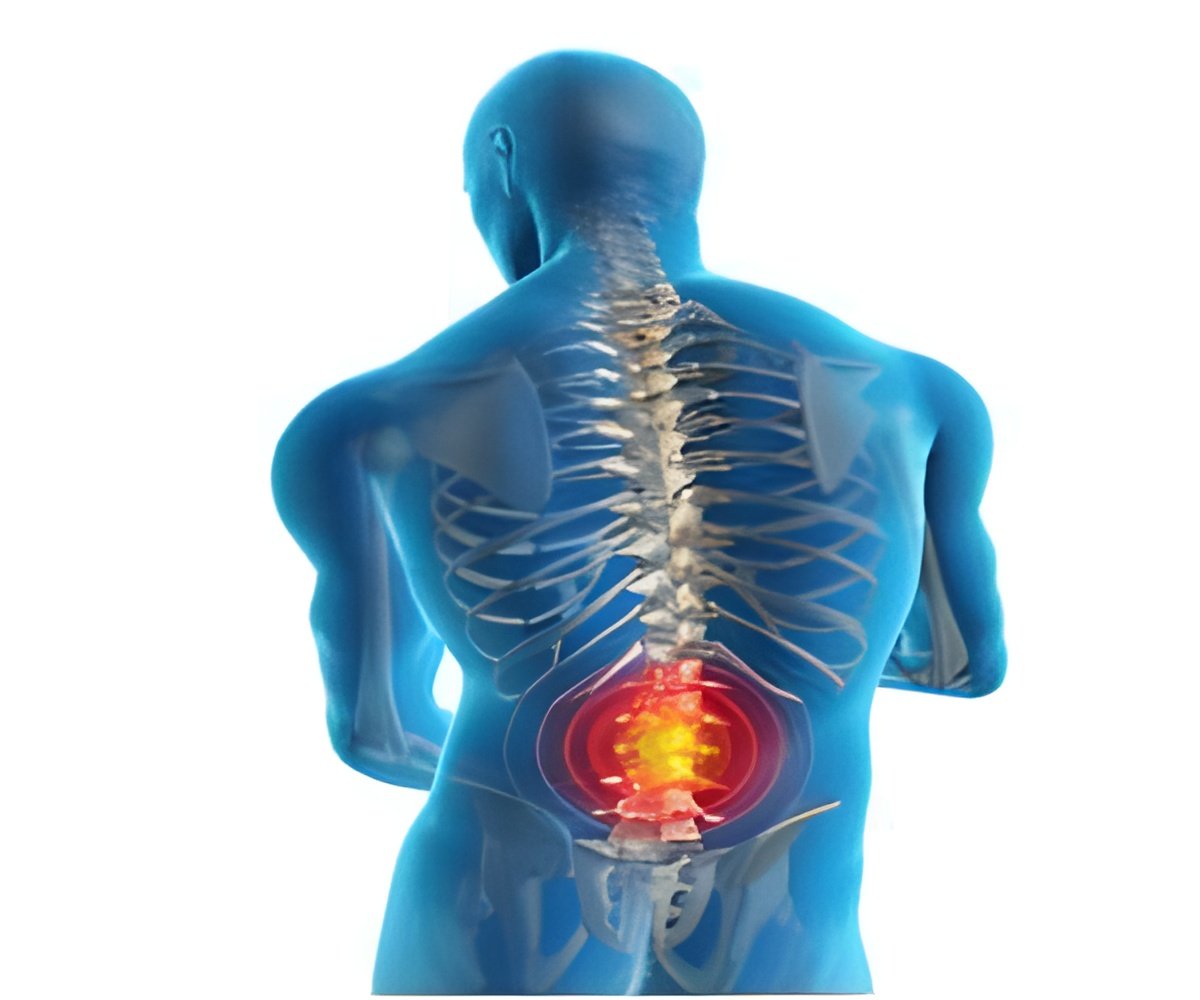Bone is constantly being broken down and remodeled. When bone resorption outpaces bone regeneration, it causes osteoporosis. Production of reactive oxygen species, a form of oxidative stress, has been predicted to promote bone loss, but a source of reactive oxygen is unknown.
In this issue of the
Journal of Clinical Investigation, Katrin Schröder and colleagues at Goethe-University identify a relationship between NADPH oxidase 4 (NOX4), an enzyme that promotes reactive oxygen species formation, and bone resorption. In a mouse model of osteoporosis, genetic disruption or drug-induced loss of NOX4 protected the mice from bone loss. Additionally, the authors identify a small nuclear polymorphism in
NOX4 in human patients that associated with increased bone turnover. Together, these data suggest treatments targeting NOX4 activity may benefit osteoporosis patients.
Source-Eurekalert
